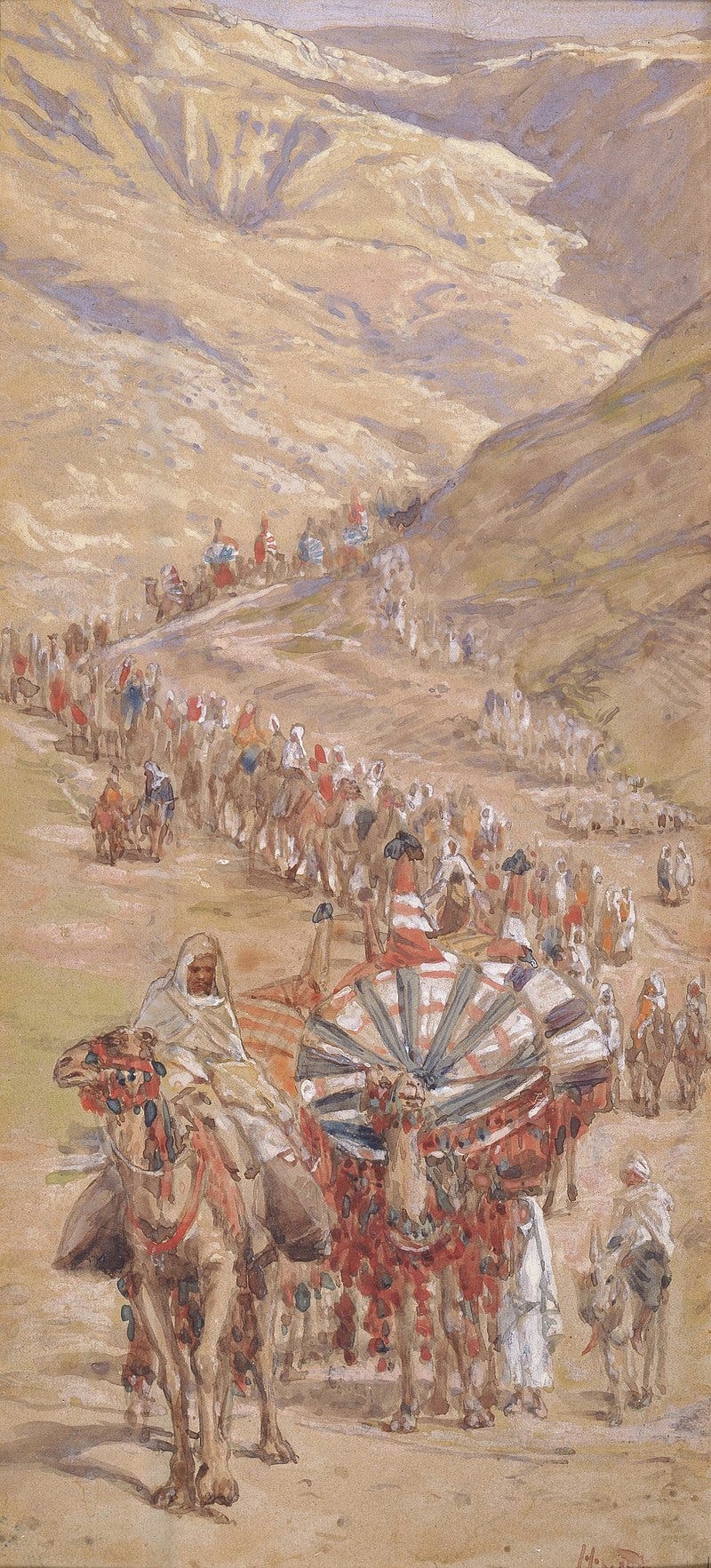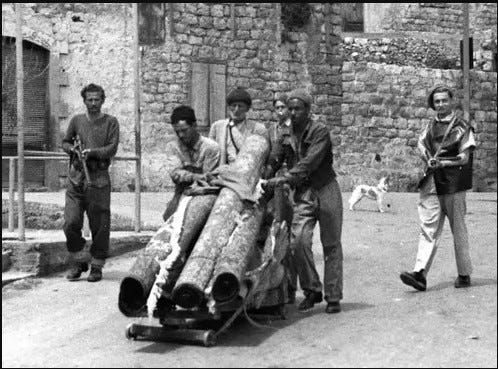Judeo-Christian Tradition
Unpacking a Myth That Oversimplifies Faiths
I’ve come across the term "Judeo-Christian tradition" before. Beyond noticing how it excludes Muslims, I hadn’t given it much thought. However, while writing a series of articles about Zionism and the Palestinians and reviewing related films, I encountered the term again, along with a reference to a seminal work: The Myth of the Judeo-Christian Tradition, an essay by Arthur A. Cohen. It’s absolutely worth reading!
Glossing over differences
In his essay Cohen challenges the idea that Judaism and Christianity form a single, unified tradition. While the term has gained popularity in political and cultural discussions, Cohen argues that it oversimplifies the realities of these two distinct faiths and their historical relationship.
At the core of Cohen’s critique is the fact that Judaism and Christianity have fundamentally different beliefs. While they share some historical roots, their teachings, practices, and worldviews diverge significantly. Christianity centres on the belief in Jesus as the Messiah, a concept that Judaism does not accept. By grouping these two religions under a single umbrella, the term “Judeo-Christian tradition” erases these important distinctions.
Cohen also highlights how history complicates this idea further. For centuries, Jewish communities lived under Christian rule and often faced persecution. Ignoring this past creates a false image of harmony and shared purpose. In reality, the relationship between the two faiths has been marked by tension and conflict, which the phrase “Judeo-Christian tradition” conveniently glosses over.
The concept gained prominence in the 20th century, especially in the United States, where it was used to promote shared moral values during the Cold War. However, Cohen argues that this usage was more about political expediency than genuine theological unity.
Islamophobia
Beyond its theological and historical flaws, I think the term “Judeo-Christian tradition” has broader implications. By framing these two religions as a united front, it excludes Islam, the third Abrahamic faith, as I mentioned earlier.
This exclusion feeds into Islamophobia and reinforces a sense of "otherness" for Muslims. It perpetuates the perception that they are outsiders in discussions of Western culture and values. This framing has been particularly damaging in contexts where Islam is portrayed as incompatible with Western norms fueling prejudice and further entrenching stereotypes.
The term also plays a role in the Palestinian-Israeli conflict. "Judeo-Christian" is often invoked to symbolise solidarity between Jewish and Christian groups, especially in the West, while sidelining the perspectives and rights of Palestinian Muslims and Christians. This framing strengthens narratives that align the West with Israel, casting the Palestinian struggle as oppositional to “shared” Western values.
Risk of dillution
Cohen’s essay indirectly reveals how this terminology can be weaponised in political and cultural conflicts, deepening divisions instead of bridging them. Returning to Cohen’s central argument, he warns that this framing not only risks diluting Judaism’s unique identity but also entrenches divisions between faiths, particularly against Islam.
His essay serves as a reminder to approach religious differences with nuance and respect, rather than resorting to oversimplified labels, and also how oversimplification can be used and misused to fuel prejudice and conflict.
All articles on Diaspora Dialogue are free to read for one year from publication. If you’ve enjoyed this piece and would like to support my work, you can do so by subscribing, or by buying me a coffee. Thank you for reading and being part of the dialogue!




